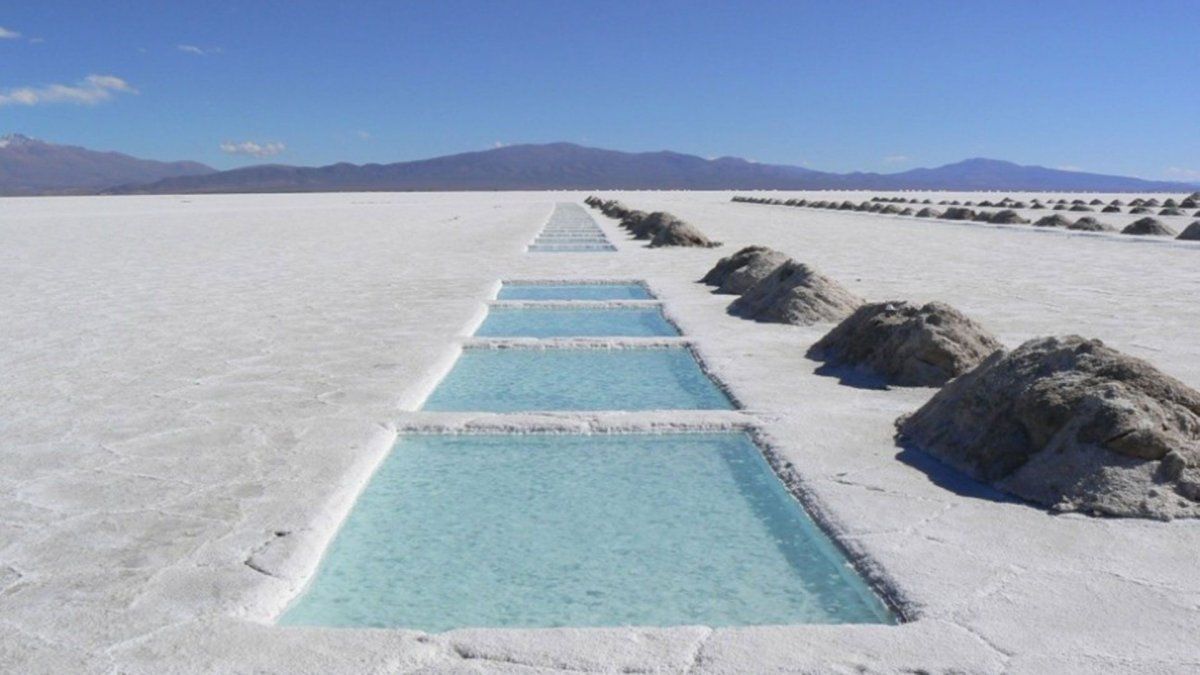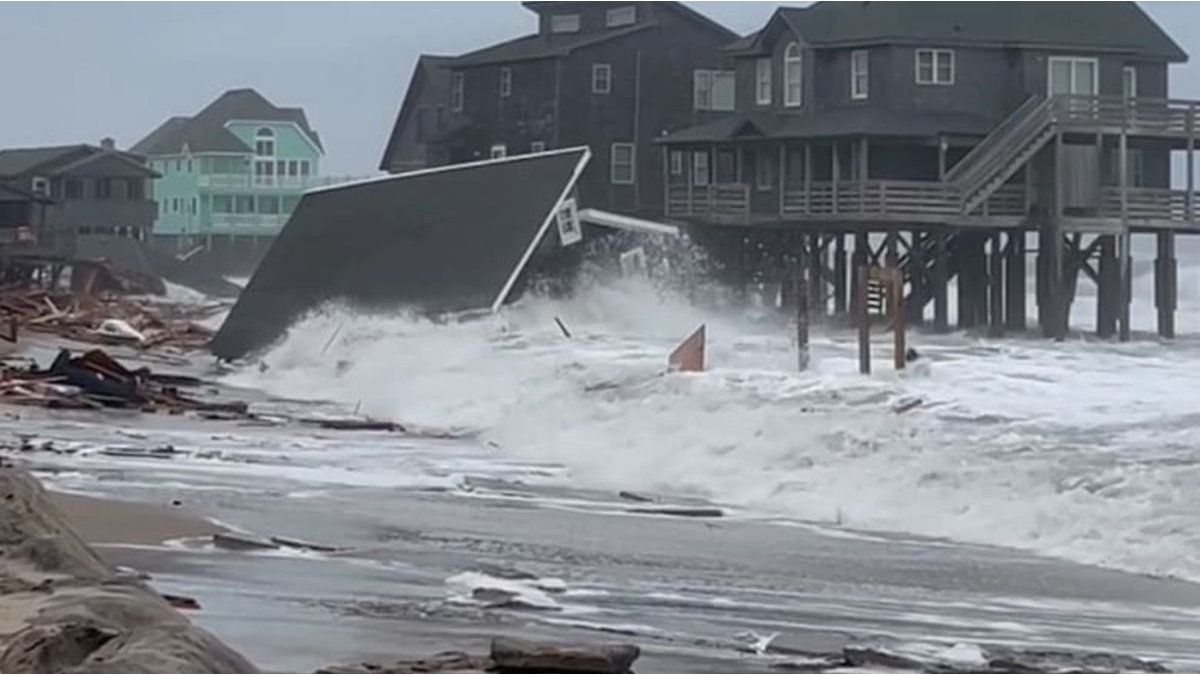The businessmen grouped in CAEM rejected the measure in a statement: “This new rule generates a negative impact in companies with investments in Argentina, in the development of other projects in the pipeline. To consolidate the arrival of mining investments and productive growth, it is essential that the country can guarantee the stability of its rules. Changes in conditions harm the long-term planning that these investments require.”
Without mentioning any company in particularin another section of the CAEM statement states: “It is necessary to clarify that companies in the sector work transparently and respect the legislation in force in our country”. In recent weeks, the American Livent has been under scrutiny due to the values at which it was selling itself, as this newspaper was able to reconstruct based on provincial, national and market sources.
There are only two companies that currently export lithium carbonate in Argentina. The American company, which has been operating in Catamarca for 20 years, it was selling lithium carbonate at $6.41. This is the Phoenix Project in the dead man’s salt flat. While the other project, Sales de Jujuy, which operates in Salar de Olaroz in Jujuy, exported at a price of US$54 per kilo. The sale price abroad is important because it marks what taxes the company has to pay, from export duties to the nation to royalties to the province.
The governor of Catamarca, Raúl Jalil, learned of the incident on Friday, May 27. Hours later, he would host the lithium seminar in that province, where they received dozens of companies, and the US ambassador, Marc Stanley. A few days later, on Wednesday June 1, the provincial government presented the company with an audit carried out by the Catamarca collection agency (called ARCA). Finally, they reported that the company made the presentation of “corrective sworn statements” and will pay $127 million for “adjustment in the calculation of royalties”.
However, the company could receive new fines. Provincial sources who preferred not to be named commented that the company could reject the questions, since there were no reference prices for the mineral, as there currently are. But the same source added that the export price did not pay the correct export duties, which could lead to AFIP fines. “It would not be the first time that there are fines for incorrect prices in transfers,” said an important tax expert.
According to a study carried out by ECLAC, “the market for lithium compounds was characterized by its opacity”. Although he assures that with the arrival of new players the competition intensified, “the price determination processes They are not very transparent, given that unlike other resources, they are not traded through trading centers such as the London Metals Exchange (LME). This is how it emerges from “Analysis of global networks for the production of lithium ion batteries”, with implications for the countries of the lithium triangle, such as Argentina.
Argentina is the fourth producer of lithium worldwide, and the second in quantity of resources. There are 6 projects in the construction stage to start operationsand the 2 companies that currently operate are in the expansion phase, which could even increase production sixfold in the next 5 years. The next project to come into operation in the second half will be Olaroz Cauchari from the Exar mining company.
Source: Ambito
David William is a talented author who has made a name for himself in the world of writing. He is a professional author who writes on a wide range of topics, from general interest to opinion news. David is currently working as a writer at 24 hours worlds where he brings his unique perspective and in-depth research to his articles, making them both informative and engaging.




